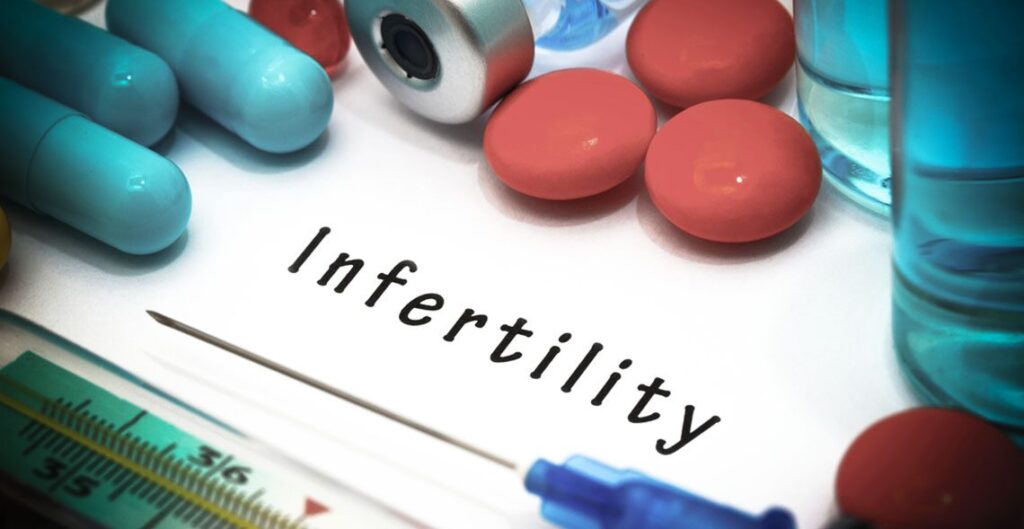In the ever-evolving world of medical science, we uncover new insights daily. Today, we explore a topic rarely discussed, yet vitally important. We look at the hidden connection between our environment and fertility. Drawing on expertise from the San Diego Fertility Clinic, we delve into how factors like pollution, diet, and stress may impact the ability to conceive. This is not an alarmist view. It’s a call to awareness. It’s an invitation to consider another piece of the complex puzzle of human reproduction.
Environmental Pollutants and Infertility
The air we breathe may carry more than oxygen. Recent research reveals that pollutants in the air could have a significant impact on fertility. Fine particle pollution, especially, seems to have a strong link to decreased fertility rates. We need more research in this area. But the initial findings are worrisome.
Diet, Nutrition, and Fertility
What we eat also matters. A balanced diet can boost fertility. On the flip side, a diet low in essential nutrients may lead to infertility. The link between diet and fertility is not new. But the depth of the connection is still unfolding.

Stress and Reproduction
Our mental and emotional state also plays a role in reproduction. Stress can lead to hormonal imbalances. These imbalances can disrupt the reproductive cycle. It’s a complex issue. However, taking steps to manage stress can help improve fertility rates.
Comparing the Impact of Different Factors
| FACTORS | IMPACT ON FERTILITY |
|---|---|
| Pollution | Potentially Significant |
| Diet | Significant |
| Stress | Moderate |
Infertility is a complex issue. Many factors contribute to it. And environmental factors are an important piece of the puzzle. As we learn more, we can take steps to improve our reproductive health and well-being.

